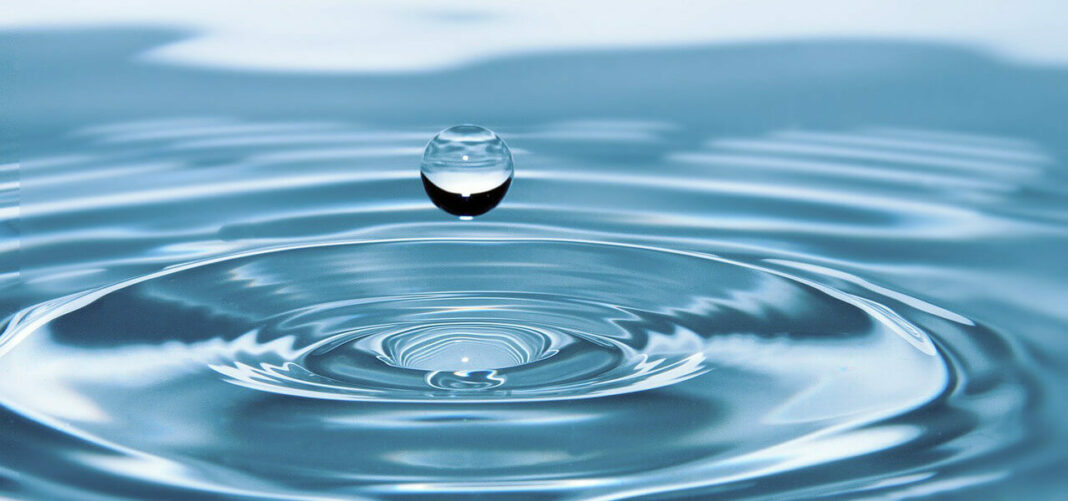If you’re a retiree then watching your coins is the order of each day! The average U.S. household uses about 80 to 100 gallons of water per day. During those sweltering summer months, however, water bills tend to spike an average of two to four times than is used the rest of the year. Watering lawns, gardens, or using a timed watering system can send your water bill through the roof depending on your usage.
If you want to see substantial savings on your water bill, check out the following tips:
Place a bucket in your shower! Ok, this might sound nutty but showering with a bucket in your shower stall will ensure that a few gallons of water will get captured that can be used later to water your garden.
Speaking of showering, if you take shorter ones, you can save around 550 gallons of water a year for each minute out according to the U.S. Environmental Protection Agency. BTW, if you prefer to take baths, you’ll use much more water.
Upgrade your old potty. Flushing accounts for the biggest indoor use of water, 30 percent! Many toilets quietly leak away gallons of water every single day. Check to see if you have a leak by adding a few drops of food coloring to the tank. Wait an hour. If the food coloring in your tank is gone or wound up in your bowl, you’ve got a leak. Investing in a newer high-efficiency toilet will save you quite a few dollars. Old toilets use on average three to seven gallons of water per flush, while the newer models use 1.6 gallons or less.
Upgrade your old washing machine. New clothes washers are stingier water-wise than the older models. New washers use in the neighborhood of 15 gallons of water per load and a lot less energy, while the old ones average 23 gallons or more, and are not as efficient.
Use a dishwasher. If you think handwashing dishes is cheaper than running a dishwasher, then think again! Energy Star dishwashers use about four gallons of water per load, while hand washing wastes approximately 20 gallons per dishwasher load.
Lawns aren’t always thirsty! Lawns don’t always need water just because it’s hot out. Step on the lawn, and if the grass springs back, it doesn’t need water. An inexpensive soil moisture sensor can also show the amount of moisture at the plant’s roots and discourage overwatering.
Stop hosing down everything in sight. Why not sweep or blow off your sidewalks, driveways, and steps rather than hosing them off. Do check your hose and spigot connection for leaks.
Got a pool? If you don’t use a pool cover more than half the water in your pool can evaporate in about a year’s time. Using a pool cover reduces evaporation by about 95 percent! If you choose not to use a cover, you lose about an inch or more of water per week in the summer that adds up to roughly 7,000 gallons annually. One more piece of advice, discourage splashing in your pool to help reduce water loss.
Other little water-saving tips:
Use a small basin, fill it with hot water and use it to shave instead of running your faucet
Turn off the water while you’re brushing your teeth
You don’t need to flush every time you tinkle—if it’s yellow, let it mellow; if it’s brown flush it down
Clean your veggies and fruits in bowls of water instead of using running water
Keep a pitcher of water in the fridge instead of letting the water run every time you need a drink











